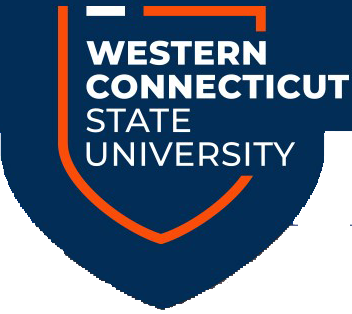Types of Interviews
Types of Interviews
There are a variety of interviews you can practice. To get you started, please feel free to create an account with our online career tools, Optimal Résumé, by going to https://wcsu.optimalresume.com/. You can create and build your own interview with a variety of questions, or you can choose and customize your questions based on your own needs. An exciting feature of the online mock interview tool is that it provides you the opportunity to record and playback your responses with your computer’s webcam. This is important so you can review and see what mistake you might be making and know what you will need to change.
For every question you answer, the online interview coach will be available to provide tips for answering that particular question. Click play to hear the coach’s advice, or click stop to stop the video.
In addition, sometimes interviewers may ask inappropriate questions. The Virtual Coaching function will help you understand how to respond to these questions. However, understand that the interviewer may not realize that these questions are inappropriate or illegal.
Traditional Interview
Most popular and designed to see how well you can elaborate and provide support for the information provided on your résumé.
Questions might include:
- Determining your level of interest and knowledge in the job or the company
- Ascertaining your abilities and developmental areas
- Explore how you might handle hypothetical situations in the work place
Screening Interview
Also called an informational interview and is usually conducted over the phone or email by a gatekeeper, such as a human resources person, or recruiter. They are trying to judge whether you are a viable candidate for the position.
Behavioral or Situational Interview
Used to determine how you might perform by looking at past experiences and behavior. The best approach is to be concise and give answers using real-world examples.
Hiring Manager Interview
This is usually a second or third interview and addresses how well you match the job requirements and company culture. Questions could target past achievements, skills, strengths, and aspirations. You will be measured against other candidates and the focus may be on your areas of weakness.
Initial Face-to-Face Interview
This interview focuses on goals, achievements, skills, weaknesses, strengths, and how well you fit within the team. Good communication and interpersonal skills is critical.
Panel Interview
This type of interview can be especially difficult because you have a variety of personalities and types of questions being thrown at you. Calmness and giving specific answers is important.
Pressure Interview
This is used to assess your reactions under pressure using rapid-fire difficult questioning. The interviewer is trying to identify how well you think on your feet and how well you could survive in a critical situation.
Final Interview
This is the last reality-check. Questions are repeated and areas of concern are re-visited. It may involve questions regarding salary and benefits. Display your interest in the job and company, and ask relevant questions.


